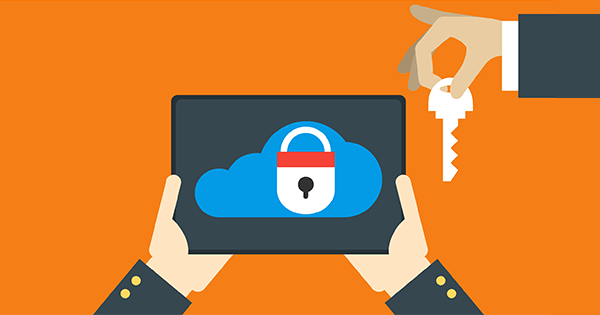
Keeping Yourself Safe Online, The Importance of Cyber Security
Utilizing the Internet has become an integral part of our life in the modern world. We use the Internet to communicate through email and texts, access our banking information, purchase items online, and enter personal information to make doing these activities easier. Because utilizing the Internet is so widely used, protecting our information and the systems we rely on has become vitally important.
To help spread awareness and the importance of our online safety, the U.S. Department of Homeland Security and the National Cyber Security Alliance created National Cyber Security Awareness Month (NCSAM). NCSAM is now celebrated every October and encourages Internet users to be vigilant while online. In addition to creating a month dedicated to cyber security, a combination of companies, non-profits, and government organizations created a global cybersecurity awareness campaign, STOP. THINK. CONNECT., which is celebrating its fifth anniversary this month. This campaign is a national awareness campaign that’s purpose is to empower Americans to be more safe and secure online by following the principles of STOP, THINK, and CONNECT.
STOP: Before using the Internet, make sure to stop and take the time to understand the risks associated with it and learn how to spot potential problems that you may encounter.
THINK: When using the Internet, clicking on a link, or opening an email, make sure to take a moment to make sure the path is safe. Check for warning signs and ask yourself how your actions could impact the safety of yourself, your family, or your place of business.
CONNECT: By taking the right steps, you are free to enjoy the Internet with a greater confidence that you have taken the right steps to protect yourself.
By using the principles of STOP.THINK.CONNECT, you can help protect your identity, your devices, and your place of business. You can also follow some of the tips listed on the National Cyber Security Alliance’s website. Below are some guidelines to help get you started:
- When in doubt, throw it out: Links in email, tweets, posts, and online advertising are often the way cybercriminals compromise your computer. If it looks suspicious, even if you know the source, it’s best to delete or if appropriate, mark as junk email.
- Make passwords long and strong: Combine capital and lowercase letters with numbers and symbols to create a more secure password.
- Think before you act: Be wary of communications that implore you to act immediately, offer something that sounds too good to be true, or ask for personal information.
- Get savvy about Wi‐Fi hotspots: Limit the type of business you conduct and adjust the security settings on your device to limit who can access your machine.
- Protect your $$: When banking and shopping, check to be sure the sites is security enabled. Look for web addresses with “https://,” which means the site takes extra measures to help secure your information. “Http://” is not secure.
- Keep security software current: Having the latest security software, web browser, and operating system are the best defenses against viruses, malware, and other online threats.
The activities you perform online have the possibility of affecting everyone at your home and place of business. By practicing safe online habits, you can help do your part in protecting yourself and those around you. What are some of the ways you help keep yourself safe online? Let us know or visit www.staysafeonline.org to find more ways to help make the Internet safer and more secure for everyone.

